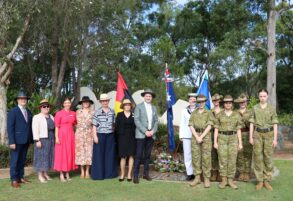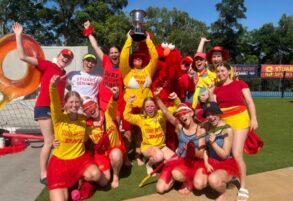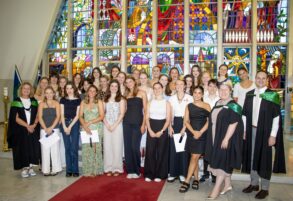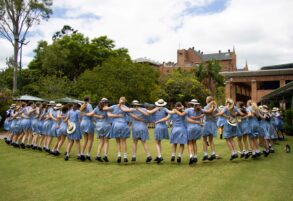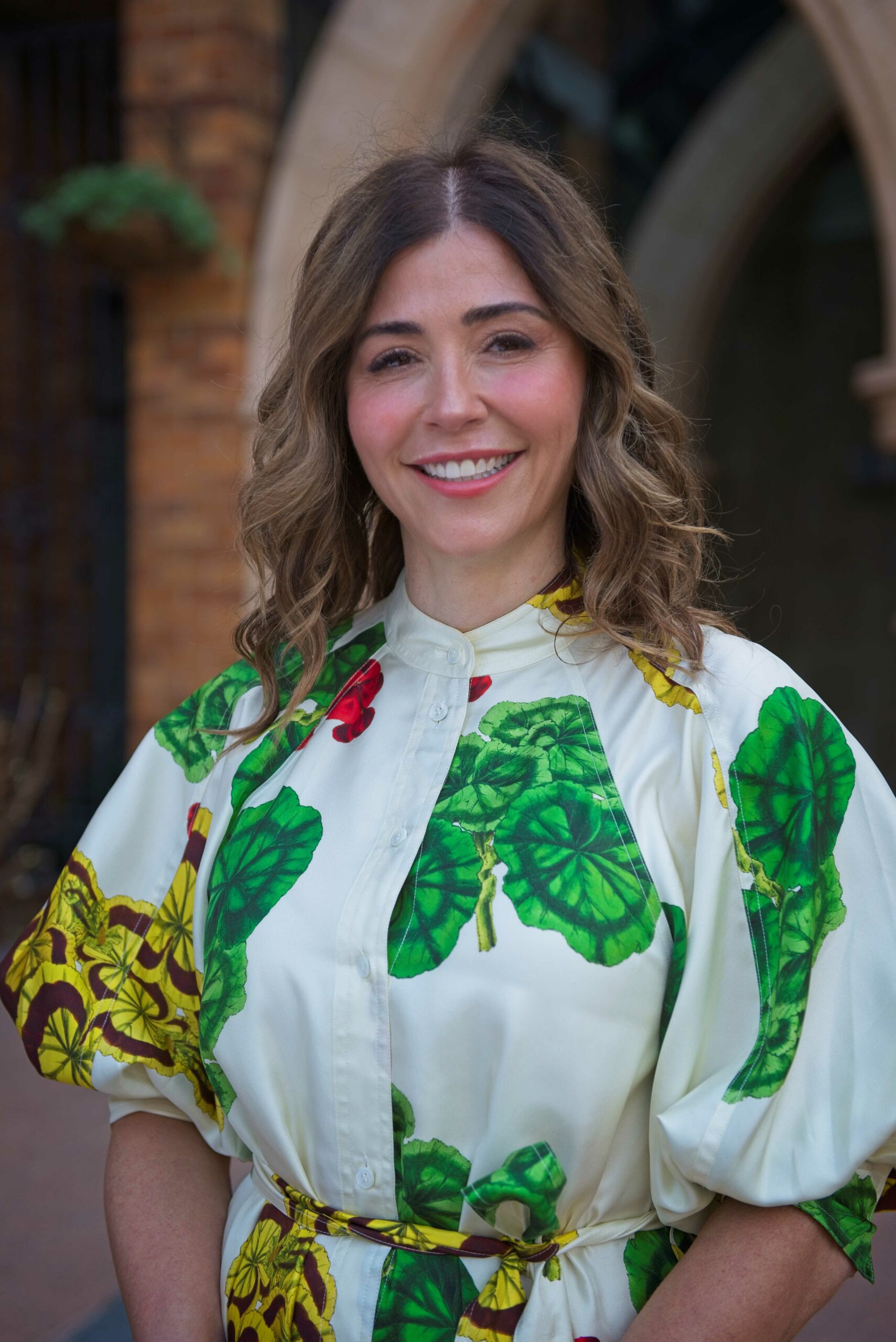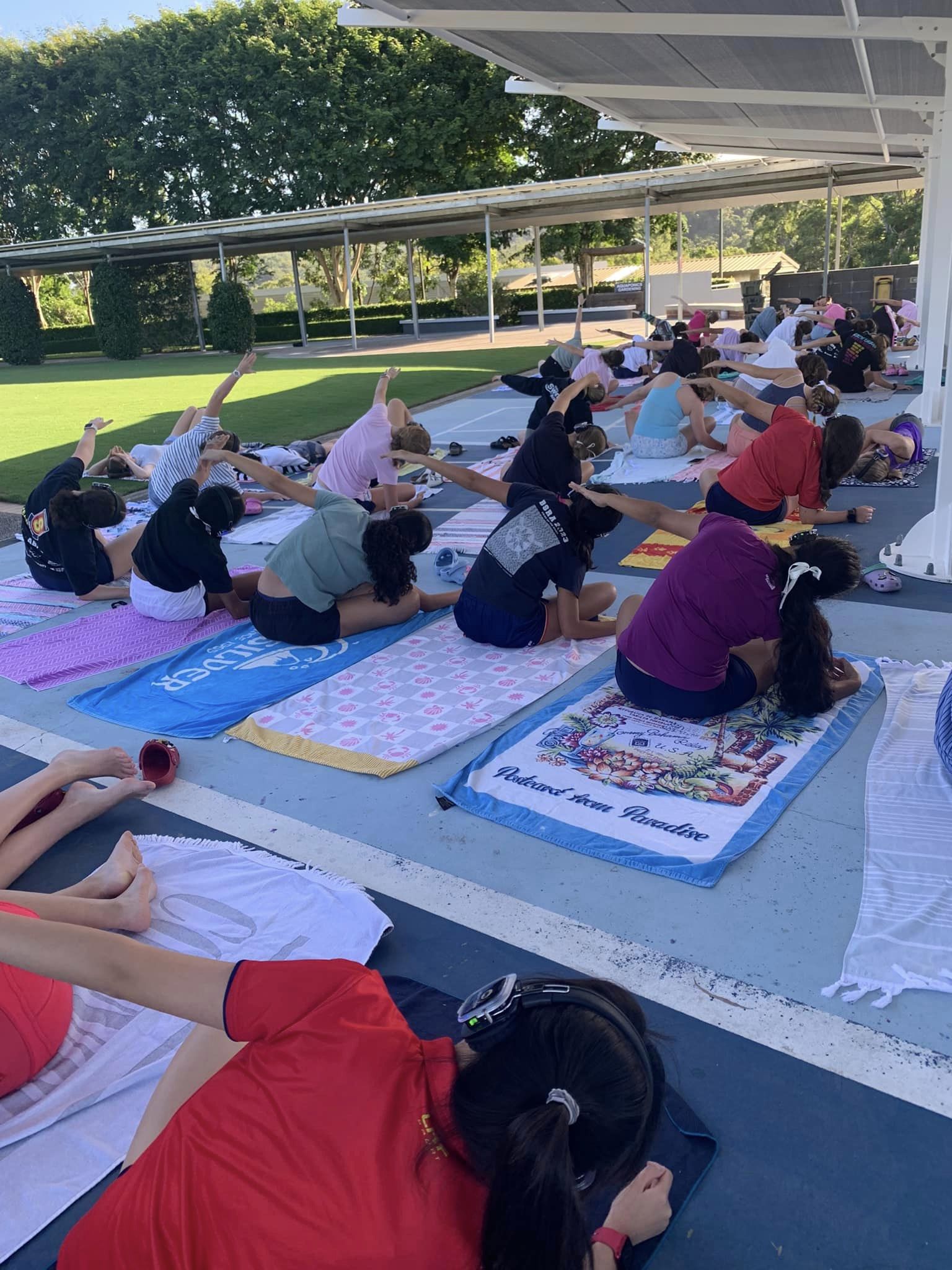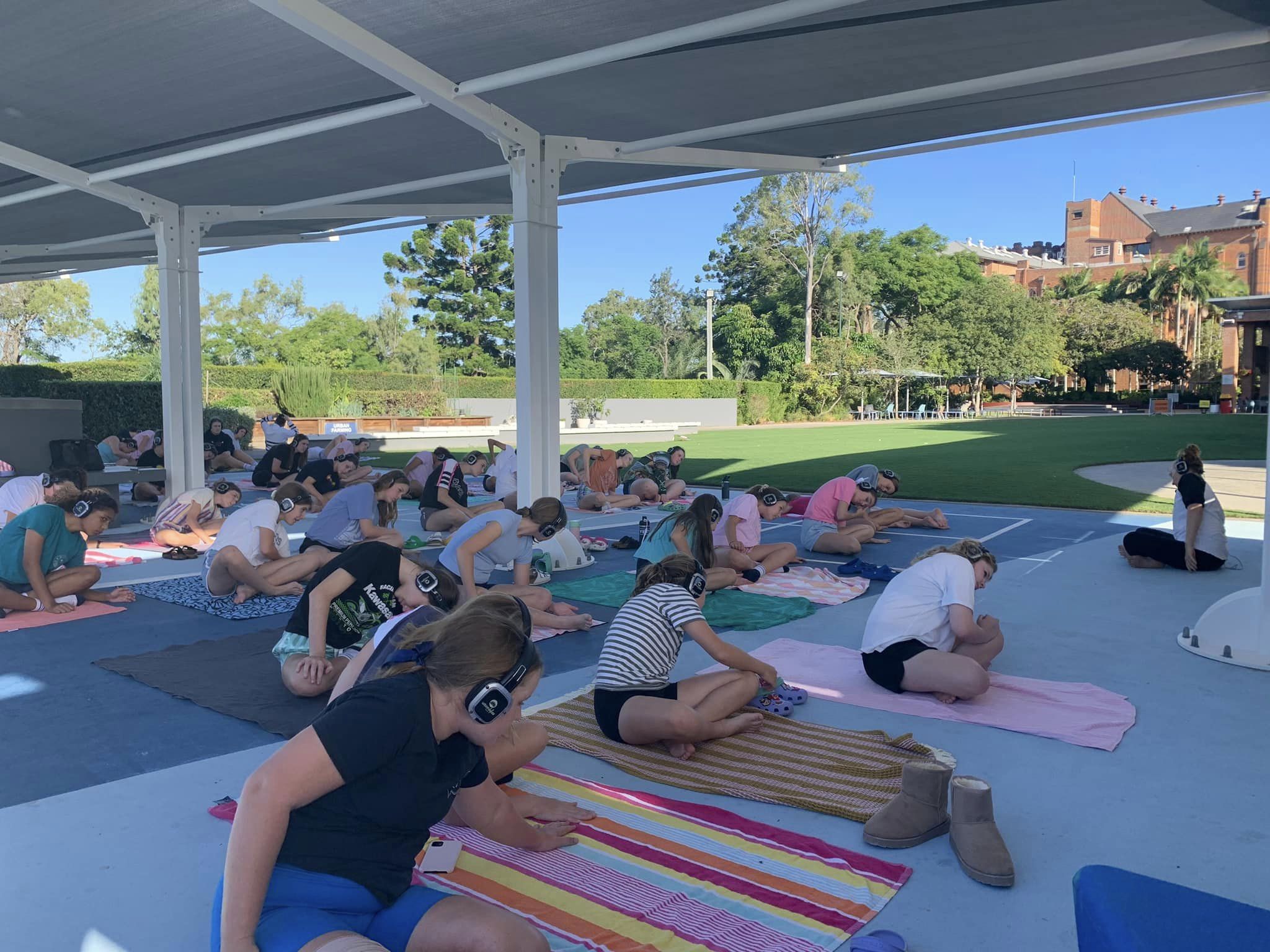Message from the Dean of Boarding
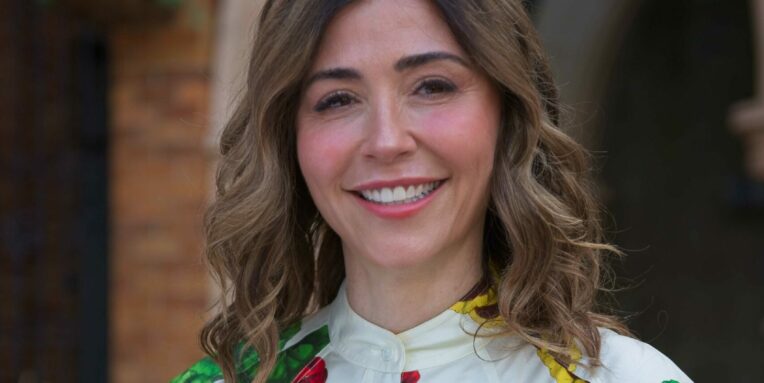
Newsletter Article: Term 1, Week 10 2024
As we approach the end of term, it is crucial to take a moment to pause and reflect on our well-being. Amidst the hustle and bustle of academic and extra curricular pursuits, it is easy to overlook the importance of rest. Yet, rest is not merely a luxury- it is a fundamental necessity for our physical, mental and emotional health.
How often have you- or your daughters- despite having a good night sleep, awoken feeling tired? Recently, after Stuartholme Community Mass, I had the privilege of sharing, with our boarders, a TED Ed talk by Dr Saundra Dalton-Smith the difference between sleep and rest and the various types of rest we all need to prevent feelings of exhaustion and overwhelm. Dr Dalton-Smith highlights seven distinct types of rest, each essential for our overall well-being.
Physical Rest – lack of sleep and/or overactivity can drain our body’s energy and drive. The two types of physical rest can help:
Passive – get restful sleep (7+ hours a night); take power naps, as needed.
Active – stretch; gentle movement; take deep breaths; get a massage.
Mental Rest – to recover from focusing on too many things at once or overtaxing our thinking:
take breaks during productive periods or from problem-solving; schedule a time specifically for “worrying;” write down your to-dos; create a transition ritual to separate work and life; listen to music or meditate; doing something mundane, like folding laundry, washing dishes, etc.
Emotional Rest – withholding our emotions, or not expressing them freely, requires a lot of energy. Emotional rest deficit occurs when you feel like you can’t be authentic. Counter this by creating space to process your emotions, share your inner experiences with others, and be your truest self:
Honour your boundaries; connect with people you feel safe with; talk to a therapist or a good listener to relieve yourself of emotional labour
Social Rest – consider your relationships, and their positivity, support, and meaning:
Spend more time with people who give you energy, support you, bring out the best in you, and less with those that steal your energy; for some, it means taking a break from socializing, or blocking out time to be alone
Creative Rest – if most of your day involves coming up with solutions to problems, your creative energy most likely needs a replenish. Dr. Dalton-Smith writes that creative rest is about reawakening “the awe and wonder inside each of us.” We need to make time for things that inspire us: create to create, rather than produce; read a book for fun; go on a walk in nature; take in a sunrise or sunset; visit a museum; engage with inspiring music, documentaries, etc.
Spiritual Rest – we all have a fundamental need for belonging! Take part in something bigger than yourself: engage in things that give you a sense of meaning and purpose; volunteer; find communities; do something that grounds you, like meditate; pray, recite affirmations or mantras; participate in faith-based activities (if aligned with your beliefs)
Sensory Rest – our senses are continuously receiving input from our surroundings. Give your senses a break from external stimuli: wear blue light glasses during screen time; unplug from technology; find quiet and calm; sit in silence or dim lighting; take a break from social media(s); turn off notifications.
Our boarders have accepted the challenge to reflect on which 1-2 types they feel they are experiencing the biggest rest deficits. Over time, with the support and guidance from staff, they will continue to build the different types of rest into the structure of their daily and weekly lives to provide the most benefit. Developing an ongoing recovery process allows us to produce at a sustainably high level, while maintaining a well-rested and balanced life.
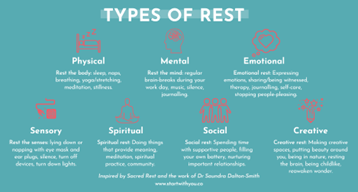
This month, we focussed on our physical, social and spiritual rest. Recently, we had the pleasure of welcoming Alum, Nicola Bone’s Sound off for Schools, to lead our boarders in a special wellness session. We were guided through a transformative session encompassing yoga, pilates and mediation. The feedback from our boarders was overwhelmingly positive, underscoring the importance of providing our young people with opportunities to prioritise their mental and physical health.
As we head into the holidays, I encourage everyone to take a moment or two to examine the types of rest they may be in deficit of and try to incorporate these into daily routines.
I wish you all a very restful, happy and joyful Easter!
Jane Morris
Dean of Boarding



